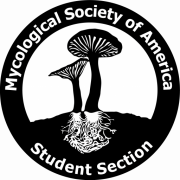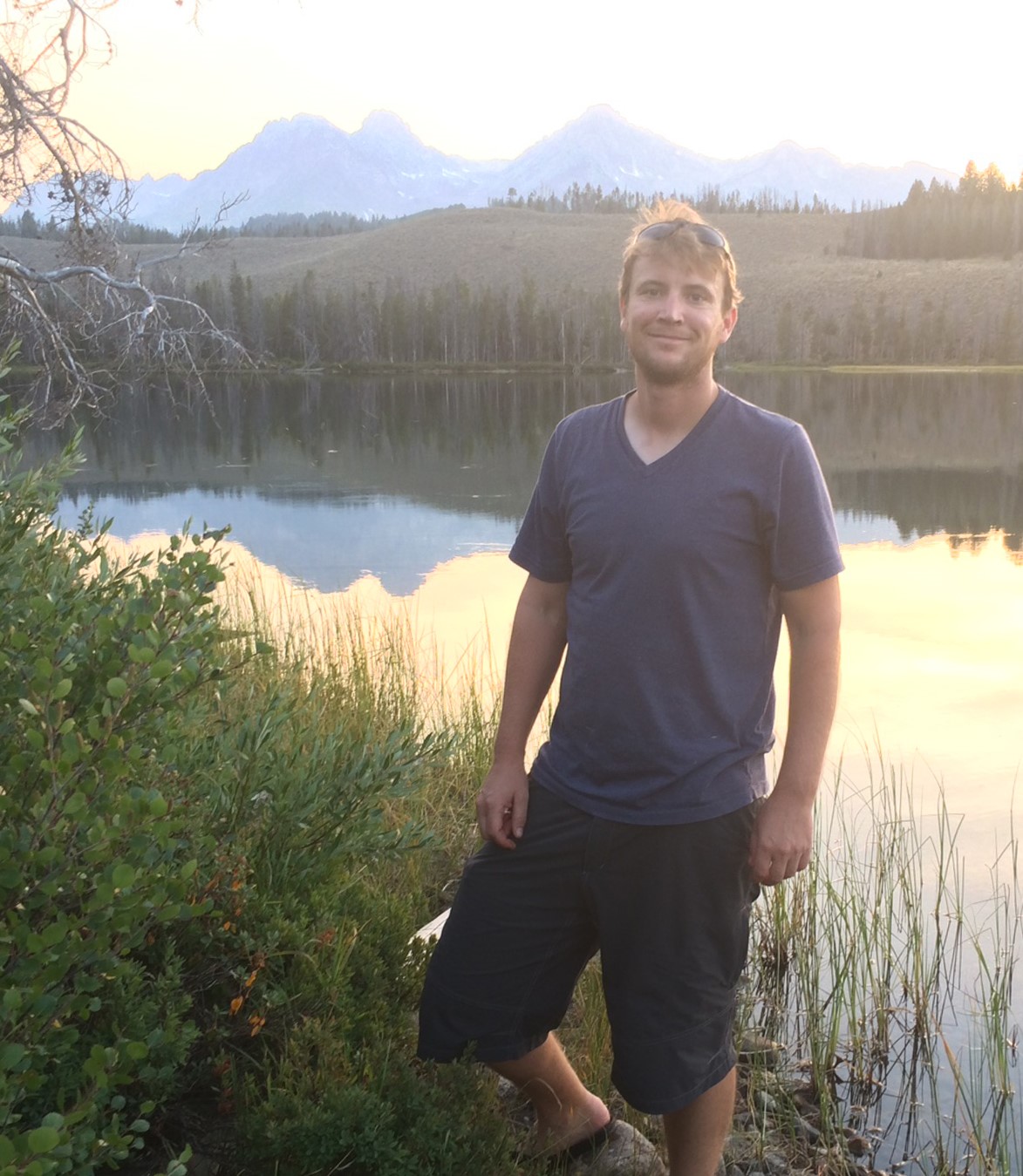
Edward Barge is from Bozeman, Montana. Ed received a BS in biology, and MS in plant science under Dr. Cathy Cripps at Montana State University, in Bozeman. His Master’s thesis focused on systematics and biogeography of Lactarius in the Rocky Mountain alpine zone (above treeline). This project allowed Ed to do field work in some beautiful high alpine habitats and learn molecular techniques. He recognized 7 species, one of them new, variously associated with dwarf and shrubby willows and birch, and he showed that most of the species are in fact broadly, intercontinentally distributed in arctic-alpine and in some cases also subalpine areas in the northern hemisphere – a pattern we are seeing with many boreal/arctic-alpine fungi. As a Master’s student Ed received two Montana Institute on Ecosystems awards that helped fund his research and trip to the 2014 MSA meeting in Lansing, MI.
Ed is currently a Ph.D. student in the Department of Botany and Plant Pathology at Oregon State University working under Dr. Posy Busby, where his mycology has gone from the macro to the micro. He is studying foliar fungal endophyte community structure, population genetics and function in relation to geography, environment and disease within the black cottonwood (Populus trichocarpa) system.
What are your career goals? What are your plans for after your PhD?
Becoming a professor with a lab would be great, but who knows, maybe I’ll end up living in the woods. Whatever the case may be, I plan to keep doing research and fighting for science and mycology!
What is your favorite mushroom/fungus, and what do you like about it?
That is a tough question. Although I get sick of seeing it during the right time of year, I think a beautiful mushroom is Gomphidius subroseus with its nice rosy cap, decurrent gills, and slime veil. Also interesting that it parasitizes Suillus lakei mycelium.
What is your favorite fact about fungi?
In general, I am just inspired by the sheer diversity of fungi, the many environments they inhabit and the things (unknown and known) they do for us and the world. Recently I have been especially intrigued by horizontal gene transfer and the consequences this might have on host specificity, mutualism, pathogenicity, and fungal evolution and ecology in general.
Do you have any funny or interesting stories about field or lab work?
Doing field work in the Rocky Mountains has led to many interesting experiences. I had a run in with a bear while collecting Lactarius and all I could think to do was pull out my pocket knife and just stand there frozen – luckily the bear wasn’t too interested in me. Once I forgot hiking boots on a fairly lengthy field excursion and had to duct tape flip flops to my feet, which actually worked surprisingly well. Possibly the scariest field experience I’ve had was driving down a very remote jeep road in the San Juan Mountains in Colorado in a soccer mom car. It turned out to be A LOT worse and longer than we were expecting. On the map it looked like it would take about an hour, but it ended taking five. At times I thought we were going to have to abandon the car and hike out. But alas, at the bottom we ran into the largest fruiting of porcini I have ever seen.
What do you like to do in your free time? What are your hobbies?
Mushroom hunting, drawing, listening to music, fly fishing, running, backpacking, camping, cooking.


Leave a Reply